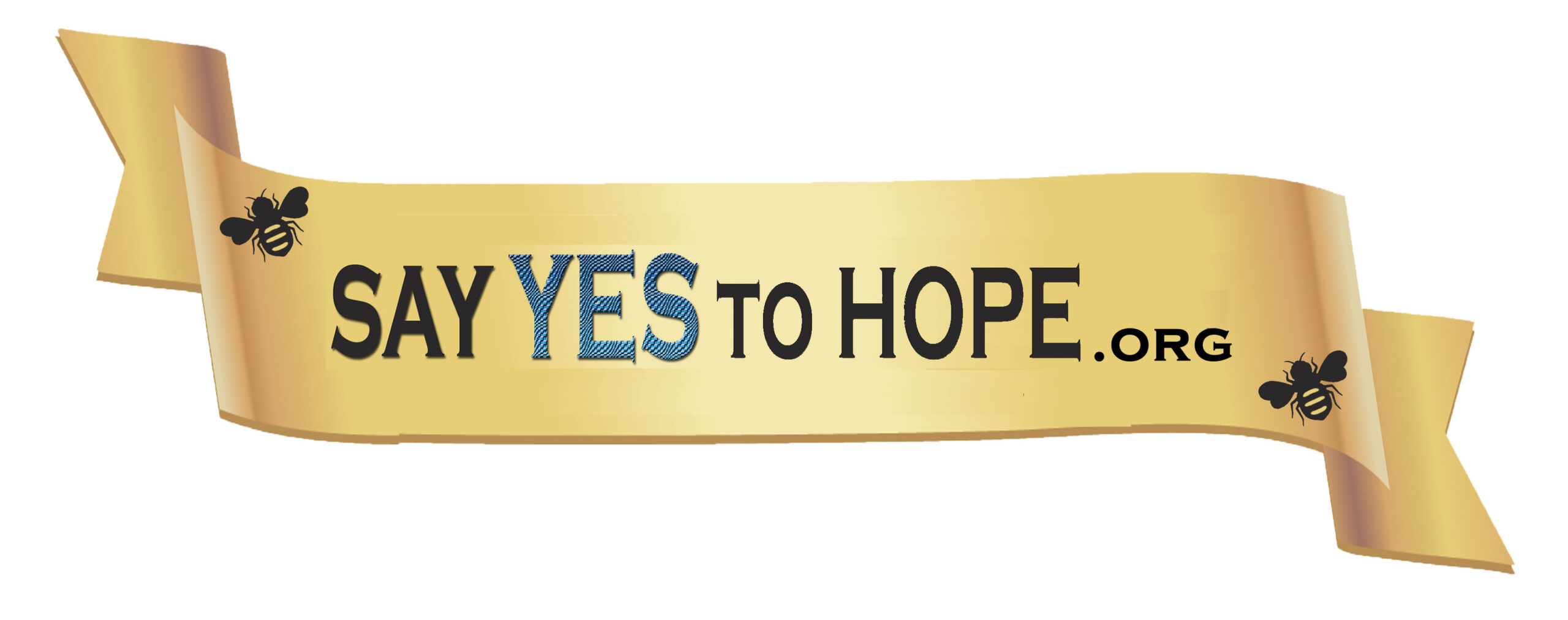Nutritional Tips
It’s true that cancer and its treatment can affect your energy levels, your weight, your ability to eat, and even how food tastes and feels. There are plenty of things you may have little or no control over, including how you react to the surgery, chemotherapy, radiation, or other treatments. Being well nourished is something you can control.
Getting the nutrients you need will help you face your treatment and recovery feeling stronger and better. Your food choices are a a key part of your treatment, just like medication, radiation, or surgery.
Doing your best to eat well and maintain your weight during treatment can help you feel better and more energized during therapy. It can also help make your treatment more effective so you can finish without delays.
Take Control of Your Kitchen
Just as you want to be in control of your treatment, you can be in control of your kitchen and the foods that you eat. Some days you might be too tired to shop or cook, and food smells even in the supermarket, might make you queasy. Recruit friends and family members who can shop for you if needed. Make some meals ahead and freeze them for later. Pack your pantry and freezer with foods you can quickly turn into healthy, nutritious meals and snacks.
Recruit Friends and Family
If family and friends who want to help you, accept their support. Give them tasks they can handle that truly help. Never hesitate to ask for help. Some days you’ll need it, others you won’t, but nobody ever expects someone with cancer to handle everything alone.
Tips for Eating Through Treatment
Treatment may cause eating difficulties at some point. Any cancer treatment can make you very tired to the point that eating feels like too much work. Both chemotherapy and radiation can affect healthy cells, too, including the ones lining your mouth and digestive tract. Other eating and digestive problems can develop, depending on your type of cancer and the therapy.
Eating difficulties usually come and go. Most of the nutritional problems can be managed. Work with your treatment team and keep the following in mind:
- Take advantage of good days. When you have an appetite, eat well and amply–and, if you’re up for it, prepare meals to stock in the fridge. On bad days, rely on easy food options and let others help you.
- Eat every few hours. You might set an alarm to remind you to have a snack. Remind yourself to eat and drink even whey you may not be hungry.
- Eat what you can. Some days you may be more hungry than other days. You might develop aversions to food you enjoy, then like it again later. Maybe nothing will taste good to you for a while. Be sure to let your treatment team know, so that together you can find other ways to bring in nutrition you can tolerate.
- Make every bite count. If you’re finding it hard to eat a lot at a time or if you are losing weight and need to add calories, reach for nutrient-dense foods like nuts, nut butters, eggs, cheese, dried fruits, tofu, beans, poultry, fish, and meal-replacement shakes.
When Choosing Something to Eat:
These foods are low risk and generally safe to eat.
Dairy & Eggs |
|
Fruits & Vegetables |
|
Meat, Poultry, Seafood and Meat Substitutes |
|
Packaged Foods |
|
These foods are high risk and generally NOT recommended as safe to eat.
Dairy & Eggs |
|
Fruits & Vegetables |
|
Meat, Poultry, Seafood and Meat Substitutes |
|
Packaged Foods |
|
Embrace the New Normal
Through advanced cancer, you will learn to have a very close relationship with your body. You will learn how it reacts to different treatments, and how even small changes can be powerful. Those small, powerful changes will motivate you to keep going and doing and living.




